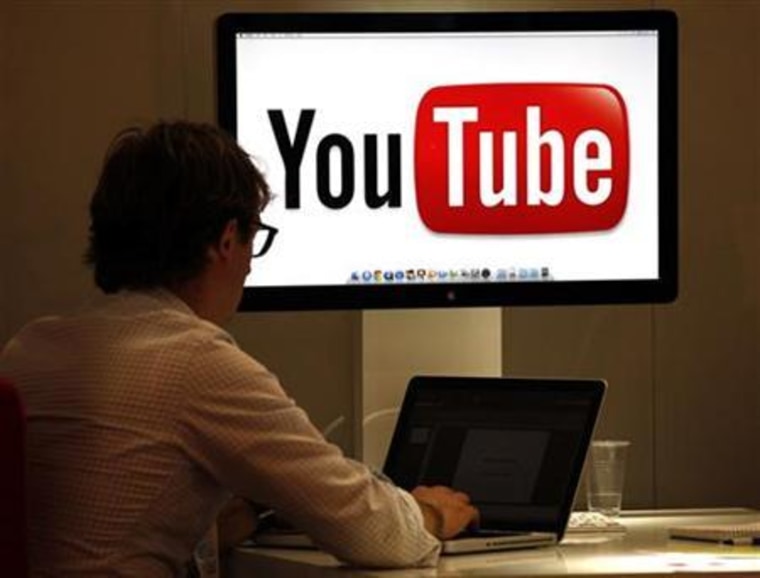Google's EMEA president of business and operations has apologized for the misplacement of advertising next to extremist content on its video site YouTube.
"There have been stories over the past few days about brands appearing against content that they wouldn't like to appear against and particularly on YouTube, and so for me it is a good opportunity for me to say, first and foremost, to say sorry this should not happen and we need to do better," Matt Brittin said at a press briefing Monday at the start of industry conference Advertising Week Europe in London.
Brands including HSBC, U.K. retailer Marks and Spencer and L'Oreal have pulled advertising from YouTube over the past few days, while agency group Havas has paused ads from U.K. clients including Domino's Pizza and Hyundai Kia pending discussions with Google.
Speeding up the Review Process
Brittin said Google, which has the world's biggest digital advertising platform, has invested "millions" and has thousands of people working to make sure "advertising practices are good."
"I've spoken personally to a number of advertisers. Those that I have spoken to, we have been talking about a handful of impressions, and pennies not pounds of spend, but however small or big the issue, it is an important issue that we address," he said.
Related: Google Turns to Quality Raters to Combat Offensive Search Results
"We've got a comprehensive review under way — we have for some time — looking at how can we improve here and we are accelerating that review."
Unilever Chief Marketing Officer Keith Weed, who was with Brittin at the briefing, declined to comment on whether it had pulled advertising for any of its brands — which range from deodorant Axe (Lynx in the U.K.) to detergent Surf — from YouTube.
"We won't make any public statement. I'm a great believer in talking about where the industry needs to get to, and what are the things we need to [do] collectively, the first accountability does go to the media companies because at the end of the day we are spending our money on their platform," he said.
"I think the best way to do negotiations with any supplier is one on one and in private, and so you won't find us coming out and making big public statements about particular customers. And we are working hand in hand," Weed added.
How to Monitor Content Without Censoring Content
About 400 hours of content is uploaded to YouTube every minute, Brittin said, claiming that 98 percent of "removals" happen within 24 hours and adding that it will be looking at its policies, controls and how those are enforced. But it has a job to do in making sure it doesn't remove content that is controversial, but not illegal, for example.
"It is not as simple as it might seem, so you might say: Why don't you just exclude content that relates to war or that relates to politics? Well actually if you were to do that you would exclude important news content or documentary content."
"Firstly on policies, this is about what content within YouTube do we deem to be safe for advertisers, and we're going to raise the bar on that," Brittin said. "That would include things like looking at our definition of hate speech, or our definition of inflammatory content, so that we raise the bar on what is deemed acceptable for advertising."
Related: Where Do We Draw the Line When It Comes to Free Speech?
Google expects to make further announcements on how it is tackling the problem of ads appearing next to extreme content "in the coming days," he added.
Pivotal Research Group on Monday downgraded Alphabet stock from buy to hold after media buying agency Havas pulled spending from YouTube and Google Display Network in the U.K.
